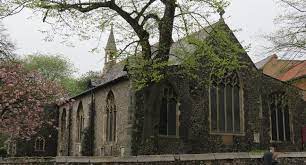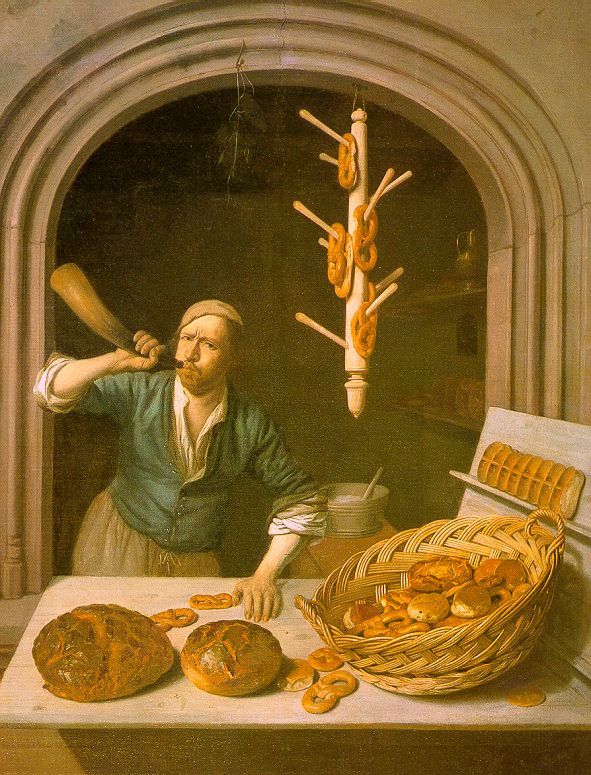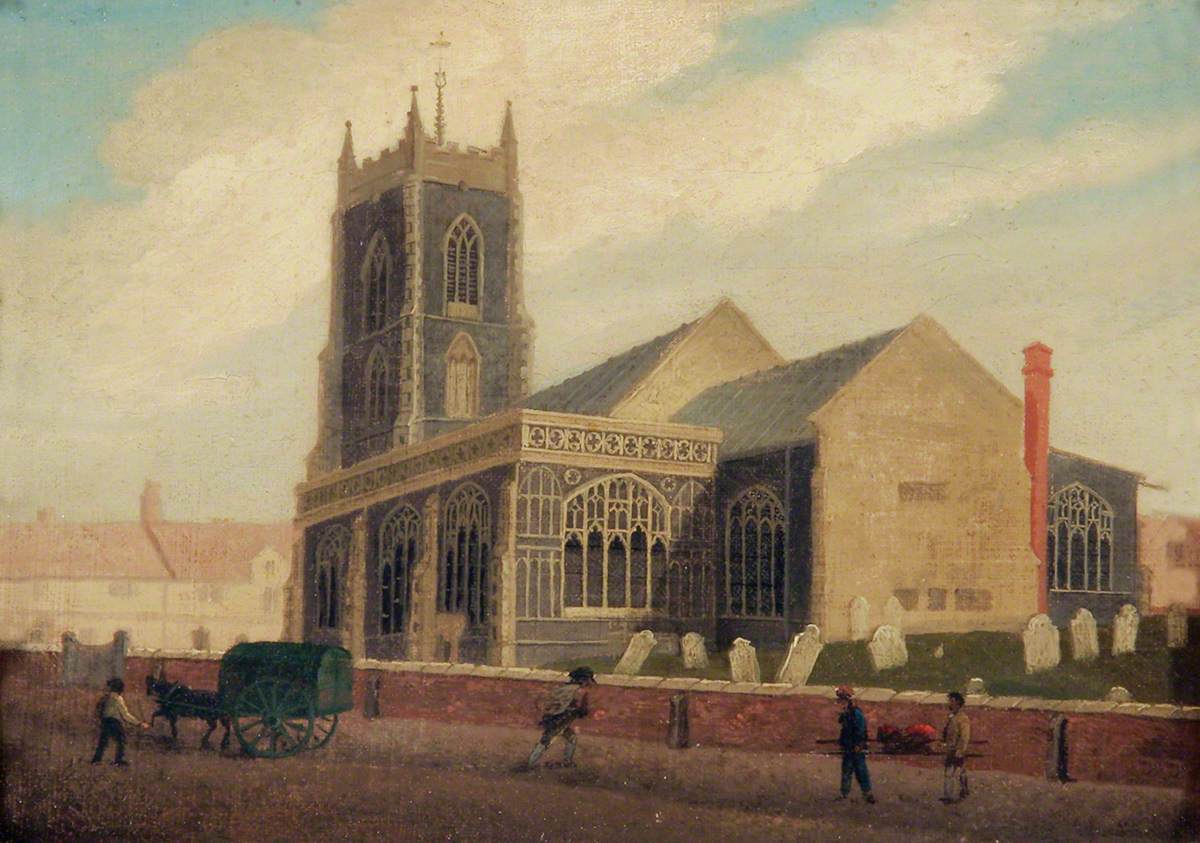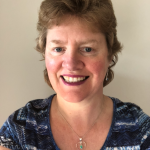James Bowman was born in September 1714 in Norwich, Norfolk, England to single mother Susan Bowman.

St John Timberhill, Norwich
His mother Susan died either in childbirth or shortly after and was buried on 25 September 1714 at St John Timberhill, Norwich, and James was baptised there on 8 November. Susan was named as the daughter of Honor Bowman.
James was a baker by trade and around 1730 he married Ann. James and Ann had seven children together, all baptised and buried at their parish church of St Michael Coslany, Norwich, Norfolk. Sadly only one child survived – my ancestor Mary.
- James b 1732 –d 1732
- Joseph b 1735 – d 1735
- Ann b 1736 – d 1736
- William b 1737 – d 1737
- Mary b 1738 – d 1812, married Peter Toft
- Ann b 1740 – d 1741
- James b 1741 – d 1742
 On 24 Feb 1732 James Bowman, a baker, was admitted to the Freedom of Norwich by means of purchase. By being a Freeman, it gave him the right to practise his trade, that of a baker, within the city of Norwich. But there were strict rules he had to follow –
On 24 Feb 1732 James Bowman, a baker, was admitted to the Freedom of Norwich by means of purchase. By being a Freeman, it gave him the right to practise his trade, that of a baker, within the city of Norwich. But there were strict rules he had to follow –
‘No one may merchandize in the city unless he be at lot and scot of the city [pays borough dues] and contributes to the common aids [Crown dues] of the same. And that all who shall be received as a peer of the city [into the freedom] may be free and not serfs to anyone, let enquiry be well made before they are received’.
In other words, everyone in Norwich who paid rates and taxes was eligible for freeman status, and all those who wished to trade freely in the city had to acquire that status. Aspirants could qualify for the freedom in three main ways:
- By patrimony, from father to son, providing that the father had been a freeman at the time of his son’s birth.
- By serving as an apprentice for seven years with a freeman and paying a fee of not less than a mark or thirteen shillings and four pence.
- By purchase, newcomers or ‘strangers’ who had been apprenticed elsewhere could buy entry to the freedom on payment of a fee of at least twenty shillings, but only after they had established themselves by practising their craft freely for a year and a day.
As well as the entry qualifications a candidate had to provide himself with a furnished house and satisfy an admissions panel that he could fulfil the financial obligations of a freeman. Finally, they all had to pay the clerk 6d for the enrolment.
In 1734 James Bowman, Baker, district of St Michaels Coslany, Norwich, Norfolk appeared in the Voting Registers Polls.
James must have been doing fairly well in his trade, and in the 1740s he took on two apprentices.
- 1740 – James Bowman of Coslany, Baker, master, apprentice William Nicholas son of William, Premium paid – £5 .0s 0d
- 1742 – James Bowman, master, City of Norwich, Baker, apprentice Charles Plaister, son of Bridget. Premium Paid £10 .10s 0d
James died in April 1746 and was buried on 27 April 1746 at St Michael Coslany, Norwich. The parish register just states ‘James Bowman, married man’.

St Michael Coslany Parish Church, Norwich, Norfolk
James’ wife Ann died in May 1763 and was buried 29 May 1763 St Michael Coslany, Norwich with her husband. Ann’s entry states she was a widow.
The Norfolk Record Office catalogue includes an entry for the will of James Bowman in 1746.
By 1783 there were two Bowmans trading in Norwich –
- Bowman John, Shoemaker, No. 25, Pottergate-street
- Bowman Nicholas, Baker, Cowgate-street
Reference – The Norwich Directory, gentleman and tradesmen 1783 by W Chase.

